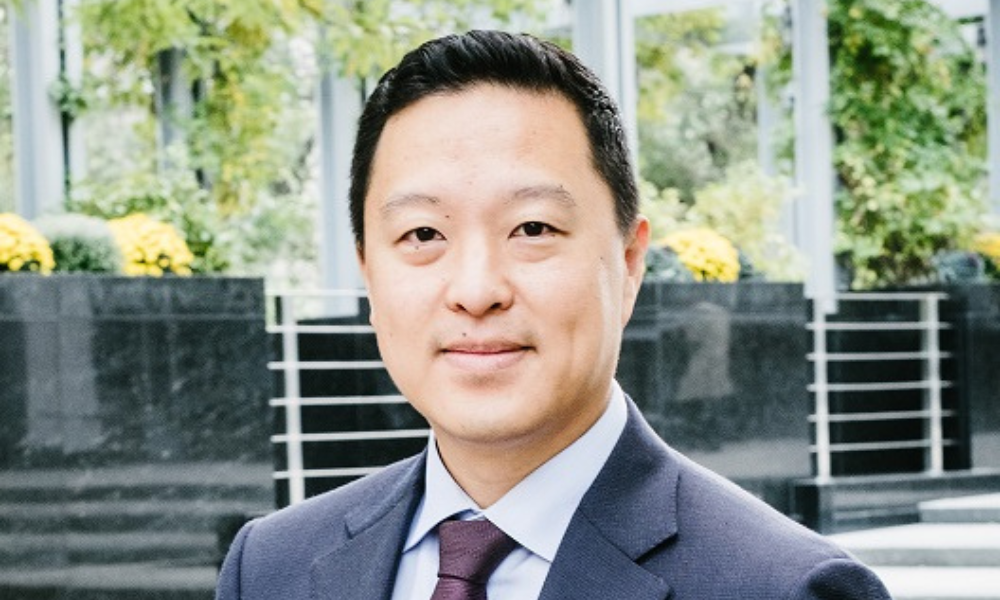A sound, thoughtful succession plan is key to preserving legacy for both advisors and clients.

Financial advisors dedicate their careers to helping clients prepare for the future – crafting strategies that safeguard their wealth, support their families and preserve their legacies. Yet, many advisors have not applied the same level of foresight to their own professional journey. With over half of active professional planners nearing retirement age, the time to plan for what comes next for their practice – and their clients – once they retire, is now.
Advisors must implement a succession plan that ensures that clients feel supported before, during and after the transition. Much like how generally passing down an estate is more than just transferring wealth, a succession plan for an advisor is more than just choosing a replacement –– it’s about protecting client relationships, mitigating risks, maintaining operational continuity and preserving the value of the company.
Throughout their careers, advisors work with clients to ensure that their financial plans reflect their long-term goals, that they’re able to finance their daily lives, save for big expenses and set themselves up for their optimal retirement. Advisors, too, must think of their own futures and build a succession plan to smoothly transition their practice and their clients over to new advisors when the time comes.
The Canadian Federation of Independent Business found that 76 per cent of Canada’s business owners plan to exit their business within the next decade, but only nine per cent have a formal business succession plan in place to ensure a smooth transition. This disconnect may leave clients vulnerable and businesses exposed.
Advisors are used to making succession plans for their clients that focus on preserving generational wealth and family legacy. Applying those same principles to their own transition should be a natural extension of their work.
Moreover, succession planning for advisors requires that they think about who can step into their role seamlessly. It’s important to prioritize continuity in the business to ensure functions continue to run smoothly and clients don’t experience any lapses in service.
Once a successor has been identified, advisors need to train their replacement, provide constructive feedback on their performance and monitor growth, all in an effort to maintain consistency for their clients. At the end of the day, succession plans are made to carry forward the foundation and vision that an advisor has built. For an advisor to effectively preserve the reputation of their practice, especially if it’s one that has existed for generations, a successful handover should ensure that their successor prioritizes the same values and that they’ll contribute to many more years of client satisfaction.
When a succession plan is in action, advisors should inform their team and clients as soon as possible. Communicating the succession plan early – with both clients and internal teams – builds confidence and trust, ensuring a seamless handover on both ends.
When working with clients, incoming advisors can also focus on strengthening relationships with the client’s spouses, children and other relatives. As Canada undergoes the largest wealth transfer in history, younger generations will soon be looking for someone to help manage this newly inherited wealth. Working with multiple generations of a family can help to preserve their family legacy, while also ensuring a seamless transition and retaining assets within the practice. Advisors can help families who are navigating the emotional and financial complexities of succession planning in their own lives, while keeping in mind family values and long-term goals. Building and strengthening these relationships is beneficial for all involved.
With many advisors approaching retirement, conversations around succession planning will not be going quiet anytime soon. Now more than ever, advisors nearing retirement must think about a plan that prepares themselves, their practice and their clients for a successful, smooth transition that preserves values and legacies for all involved.
Tim Brisibe is Vice President, Tax and Estate Planning, at Mackenzie Investments.



